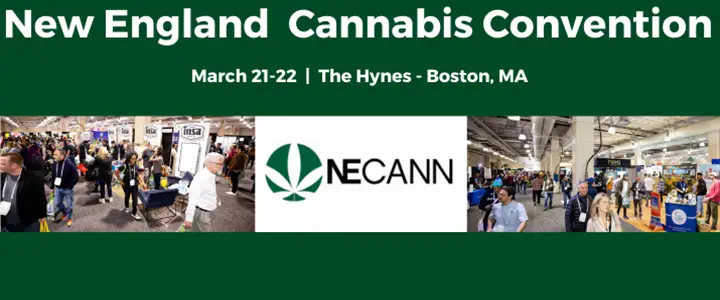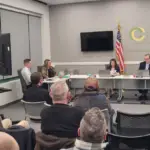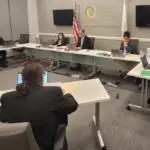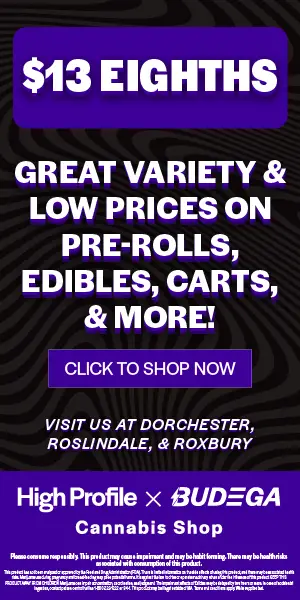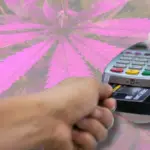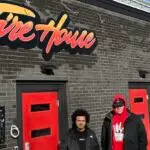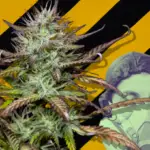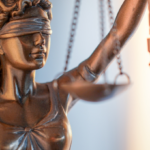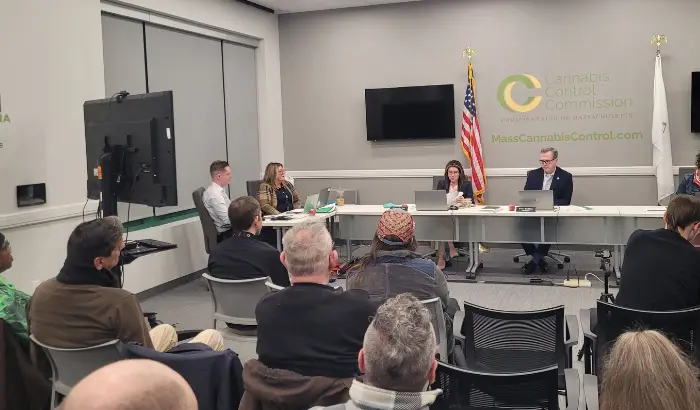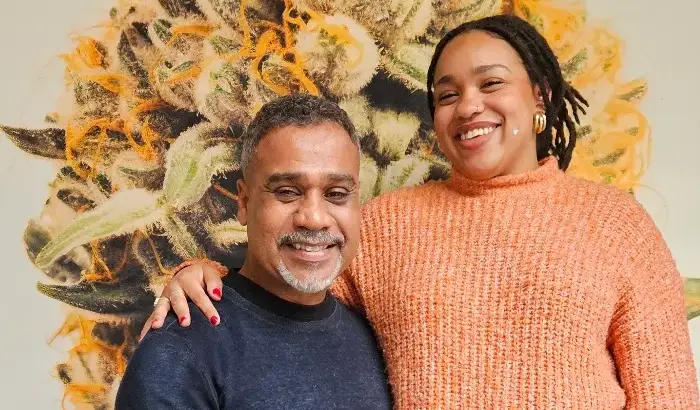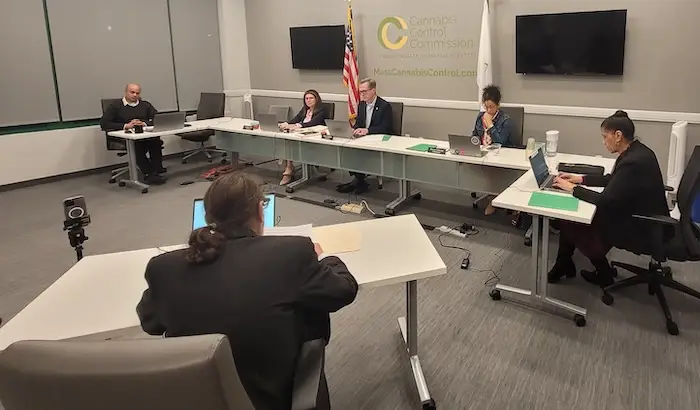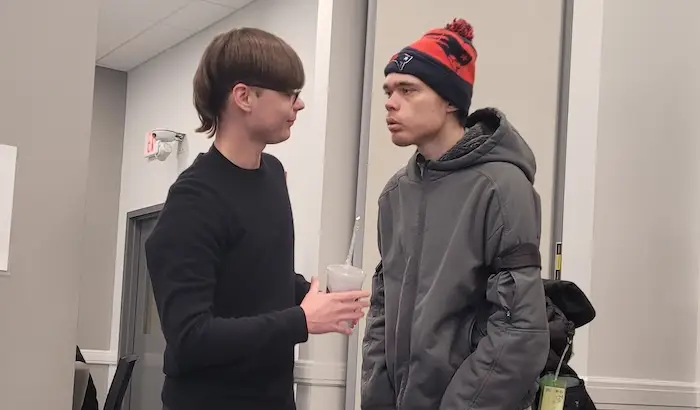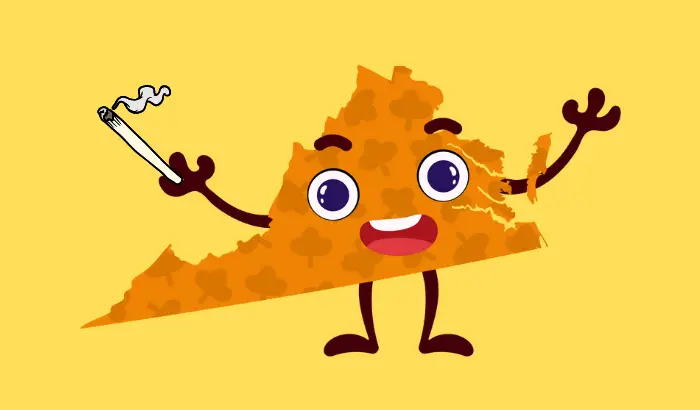
Among other baseless comments, Youngkin claimed that states that have legalized marijuana have not disrupted the illicit marketplace
Republican Gov. Glenn Youngkin vetoed legislation that sought to establish regulations overseeing the adult-use marijuana market in Virginia.
Lawmakers in 2021 enacted legislation legalizing the use, possession, and personal cultivation of marijuana by adults. That legislation called upon lawmakers to authorize licensed cannabis sales by no later than January 1, 2024. However, when Republicans gained control of the House and Governorship in 2022, they failed to advance legislation to do so.
Last November, Democrats regained control of the House and maintained control of the Senate, clearing a path for the cannabis retail sales legislation to advance to the governor’s desk largely along party lines.
According to statewide polling data compiled in 2023, 60 percent of Virginians “support allowing the retail sale of recreational marijuana in Virginia.”
In response to the Governor’s veto, JM Pedini — NORML’s Development Director and the Executive Director for Virginia NORML — said: “Governor Youngkin has just shown Virginians exactly how out of touch he is with the widely-accepted science and policy research on cannabis in the US. Virginians deserve better than this head-in-the-sand approach to lawmaking from their elected officials. The only protection Youngkin’s veto provides is to the illicit market that has ballooned during his time in office.”
Governor Youngkin also vetoed separate legislation that would have facilitated resentencing relief for people previously convicted of certain marijuana-related offenses. He had previously vetoed a bill protecting parental rights for parents who lawfully consume cannabis.
Speaking with media, Governor Youngkin opined, “Cannabis is bad for Virginia.” He further alleged that states with legalized adult-use markets have experienced “massive increases in adolescent usage” and “systematic increases in violent crime.” Neither claim is true.
According to data provided by the Centers for Disease Control and Prevention, the percentage of high schoolers who use marijuana fell 30 percent over the past decade. Compliance check data from California, Colorado, Nevada, and other legal marijuana states show that licensed marijuana retailers do not sell products to underage patrons. Further, rates of violent crimes have not increased parallel with legalization. By contrast, studies from early adoption legalization state (including Colorado, Oregon and Washington) document immediate improvements in police clearance rates for violent crimes following legalization.
Governor Youngkin also claimed that states that have legalized marijuana have not disrupted the illicit marketplace. In fact, a 2023 survey of consumers residing in legal states reported that 52 percent of respondents primarily sourced their cannabis products from brick-and-mortar establishments. By contrast, only six percent of respondents said that they primarily purchased cannabis from a “dealer.”
A separate 2022 economic study reported that consumers are most likely to transition to the legal marketplace in jurisdictions where state-licensed retailers are widely available. According to the study’s findings, “States with roughly 20 to 40 legal regulated stores per 100,000 residents, in general, have captured 80 percent to 90 percent of all cannabis sales in the legal market.”
Delegate Paul Krizek, Chief Patron of the House version of this year’s retail sales bill, said: “Governor Youngkin’s failure to act allows an already thriving illegal cannabis market to persist, fueling criminal activity and endangering our communities. This veto squandered a vital opportunity to safeguard Virginians and will only exacerbate the proliferation of illicit products, posing greater risks to our schools and public safety.”
This article was reprinted from NORML. Additional information is available from Virginia NORML.


